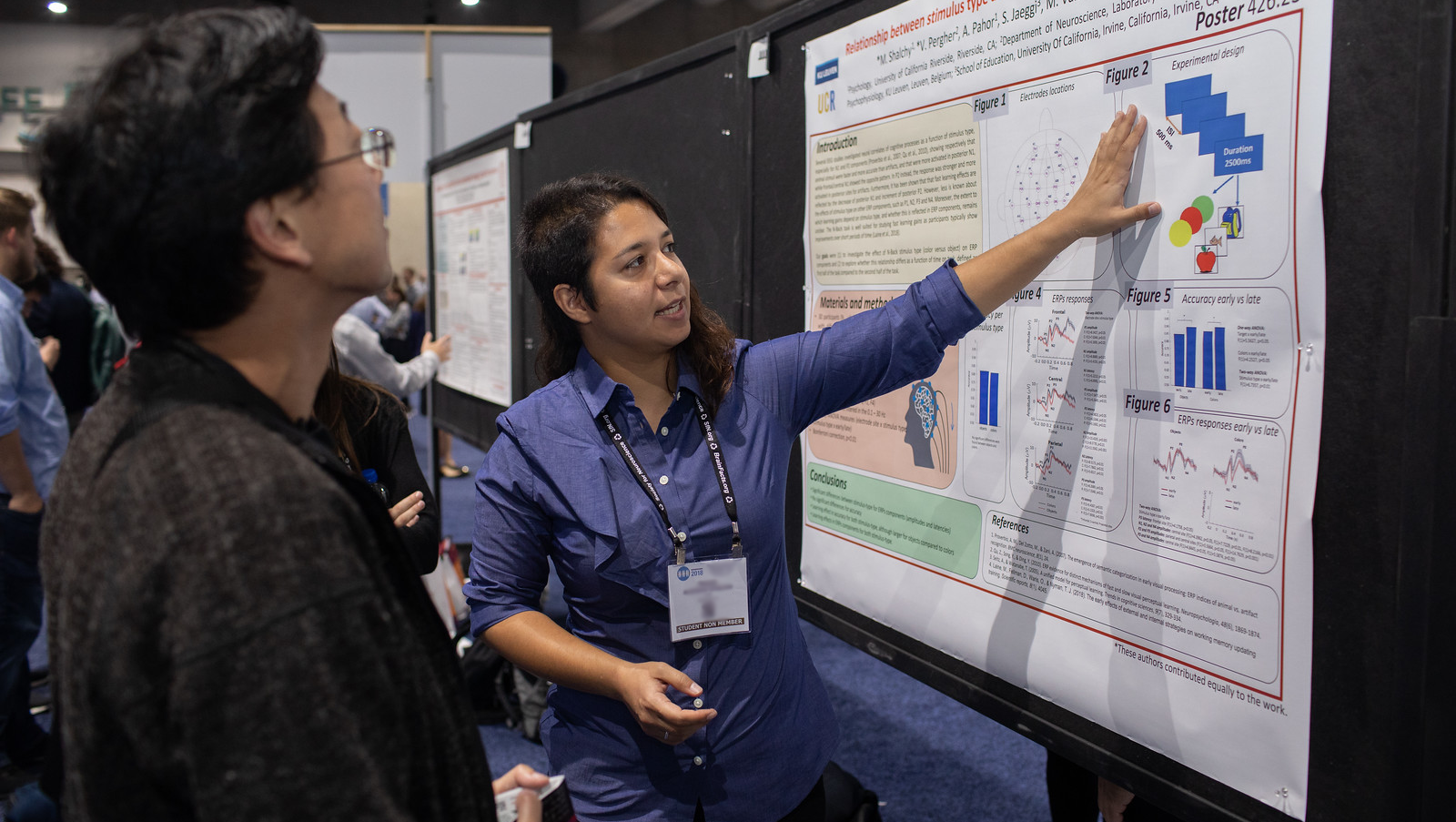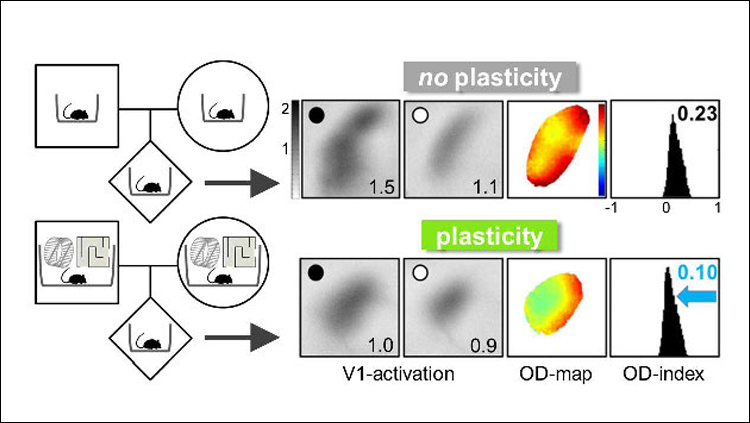Best Practice Training Resources for Neuroscience Institutions
SfN’s most recent webinar, “Mentoring Master Class: Maximizing Trainee Success in Career Transitions,” offers mentors and trainees effective strategies for identifying transferable skills, supporting trainees’ career paths, and establishing constructive mentor-mentee relationships. Not only that, it serves as the latest addition to a multiyear framework providing perspectives or advice that SfN members may not have access to in their individual labs or institutions. The webinar, still accessible online as a member benefit, is the latest in a series of resources in the Best Practices in Neuroscience Training collection developed under the guidance of the Neuroscience Training Committee (NTC).
These Best Practices training resources – which draw on the real-world experiences of trainees, faculty members, department or program chairs, and other leaders in higher education and training – focus on five core topics:
- Career planning
- Diversity and international training
- Program development and curriculum
- Student recruitment and retention
- Ethics and rigorous research practices
NTC’s goal is to produce a range of resources to help neuroscientists at all career stages. “With these resources, we hope to further support neuroscience programs around the world by addressing unique training challenges both from an institutional and individual perspective,” said NTC Chair Rosalind Segal.
“With these resources, we hope to further support neuroscience programs around the world.”
Rosalind Segal
NTC Chair
By breaking down training practices into these five broad topics, SfN can work with members to identify specific issues important to neuroscientists. By focusing on career planning, for example, the NTC can create webinars, videos, and articles for finding graduate funding and striking a successful work-life balance. Similarly, the topic of diversity and international training informs the development of content aimed at recruiting diverse faculty and building an inclusive institutional culture.
Building Resources for Faculty, Departments, and Programs

A core goal of NTC’s training resources is to provide members with career planning advice they may not find elsewhere. “Demystifying the Academic Chalk Talk,” for example, addresses the unique challenges presented by the academic chalk talk, a core feature of most faculty interviews. In this webinar, faculty members from a wide range of career stages and institutions discuss how to prepare for, present, and follow up on a successful academic chalk talk.
At the heart of successful neuroscience programs are the faculty members, and NTC has devoted much of its new content to helping faculty develop robust, modern curricula and learn effective strategies for mentoring the next generation of neuroscientists. In “Developing a 21st Century Neuroscience Workforce” four leaders in the field discuss not only how faculty can help trainees develop quantitative and computational skills, but also how to identify cross-disciplinary skills and guide trainees on career paths.
At the heart of successful neuroscience programs are the faculty members.
The committee also is striving to address the challenges of program development and student recruitment from an institutional perspective. “Evolution of Neuroscience Graduate Programs: Meeting the Needs of 21st Century Trainees,” shares new strategies for recruiting students from diverse backgrounds, exposing students to new careers, and adjusting curricula to prepare students for a rapidly changing field. In the article “How to Develop Program Resources for a Variety of Career Paths,” meanwhile, Ian Paul outlines how to build a modern PhD training program. Paul offers advice for designing a long-term framework for setting program-wide priorities, working with stakeholders to identify your program’s strengths, and promoting each student’s unique career path.
Continued Focus on Supporting the Community

SfN remains committed to further expanding the training resources available to members. Upcoming resources will explore institutional strategies for enhancing diversity and inclusion in faculty ranks and for supporting the mental health and well-being of trainees. The NTC’s next webinar, scheduled for late spring 2019, will focus on how institutions can effectively recruit, maintain, and promote the career advancement of faculty from diverse backgrounds, while a fall webinar will provide strategies for institutions to effectively address the mental health needs of trainees.
The Best Practices Collection is just one part of SfN’s mission to provide training opportunities to members of the neuroscience community throughout their career. SfN welcomes scientists at all career stages to share their insight into the newest best practices in neuroscience training. Email SfN’s scientific training team at training@sfn.org today to share your experiences and suggest topics important to you.



















